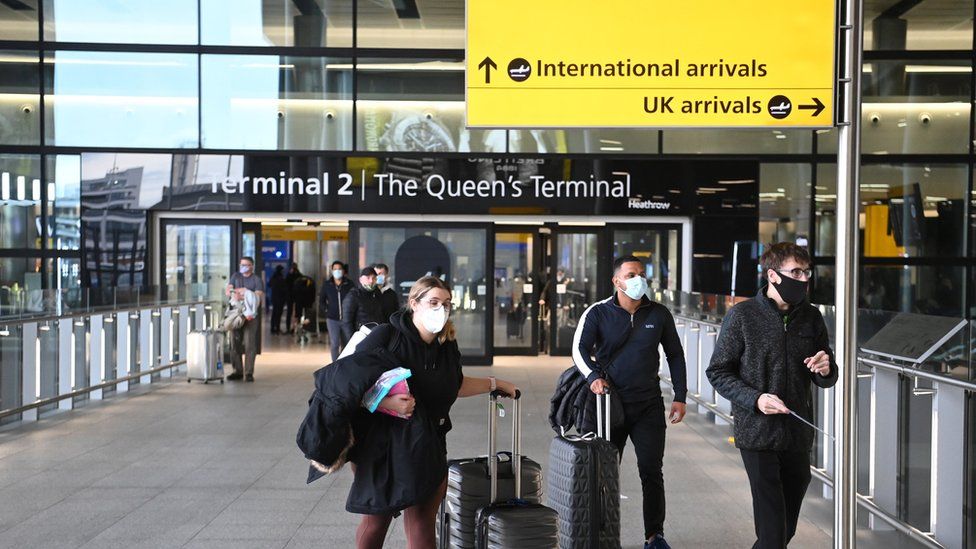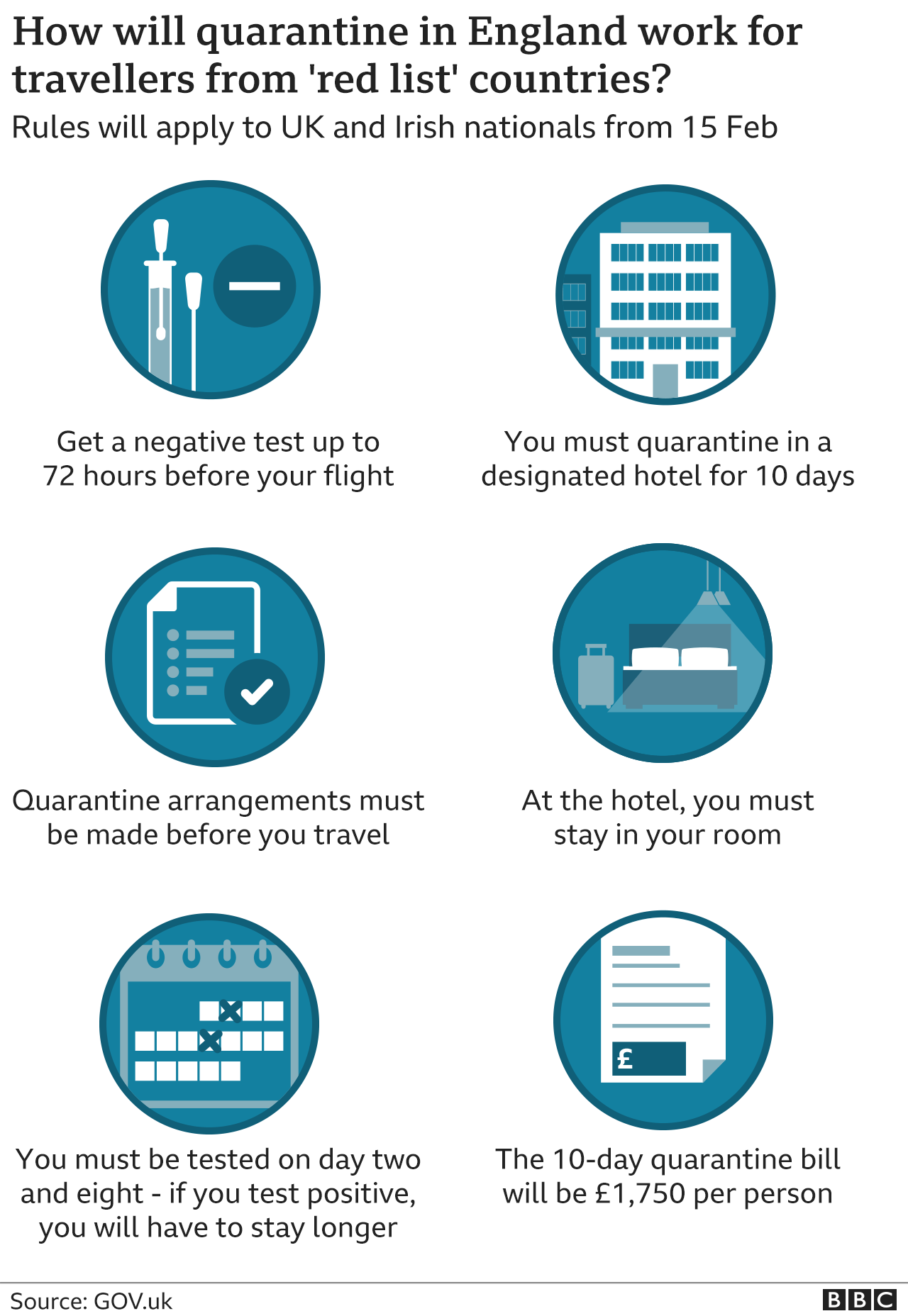England's Deputy Chief Medical Officer says it "really concerns" him that fewer BAME people may get the Covid vaccine.
Professor Jonathan Van-Tam is worried "the uptake in minority ethnic groups is not going to be as rapid or as high" compared to the white population.
However he did stress that vaccine uptake has been very high among people who have been offered it so far.
He added that fake news about the vaccine worries him too.
Studies suggest the virus has hit ethnic minority communities proportionally worse than white communities in the UK.
"We are always concerned when we get disinformation and things that are patently wrong and misleading and designed to frighten people and damage their confidence in what we are doing - which I believe in absolutely passionately."
Turning to one conspiracy theory - that the vaccine increases infertility - Professor Van Tam said he's never heard of a vaccine that affects fertility and described it as a "nasty, pernicious scare story, but that's all it is."
He added that he believes "the vast majority of people in the UK would prefer to take their advice on vaccines from trusted sources rather than from some of the nonsense that is circulated on social media."
Over 12 million people in the UK have now had one dose of the vaccine - with no significant side effects found. That's something he called "a very reassuring signal right across the board."
What else did Prof Van-Tam say?
Jonathan Van-Tam was answering audience questions as part of a #BBCYourQuestions session.
When asked about whether being vaccinated would be made mandatory, he said we did not have a tradition of doing that in the UK.
However he did say it was "plausible" other countries could require you to be vaccinated to enter them.
And while he says mandatory vaccination could be good to increase uptake "on the face of it", he warns that could "create resistance," which would end up having the opposite effect.
He reiterated that the vast majority of people have got the vaccine when offered - more than 90% in over-75s so far.
There were also questions about a variant of the virus first found in South Africa, which may spread more easily.
The government has started door-to-door testing in parts of England where this variant has been found, in order to try and suppress its transmission.
However, Prof Van-Tam says the number of known cases of this version of the virus is less than 200 in the UK, and the rate of its growth means it's not overtaking the dominant strains in the UK.
There have been thousands of new strains of the virus and most are insignificant.
Prof Van-Tam says it's a "likely" future that tweaked vaccines are brought out periodically to help battle newer strains.
"It may well look like the annual flu programme as things settle down over a period of years."


https://news.google.com/__i/rss/rd/articles/CBMiLGh0dHBzOi8vd3d3LmJiYy5jby51ay9uZXdzL25ld3NiZWF0LTU2MDA4MDgx0gEwaHR0cHM6Ly93d3cuYmJjLmNvLnVrL25ld3MvYW1wL25ld3NiZWF0LTU2MDA4MDgx?oc=5
2021-02-10 12:26:00Z
52781357923466





